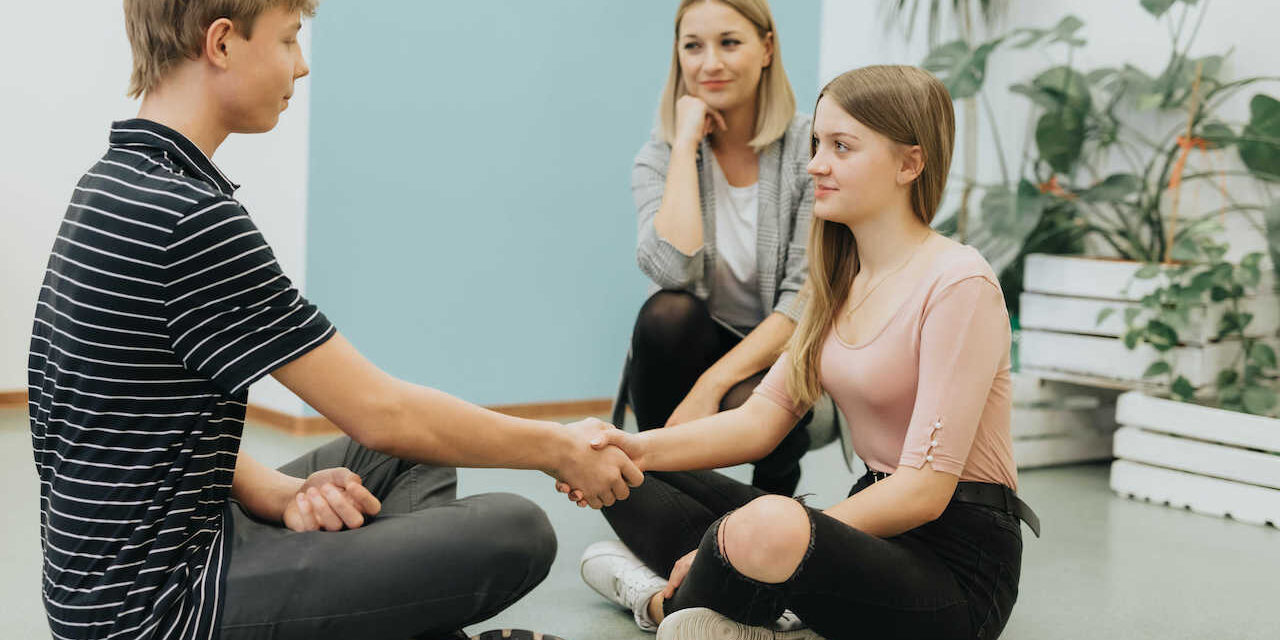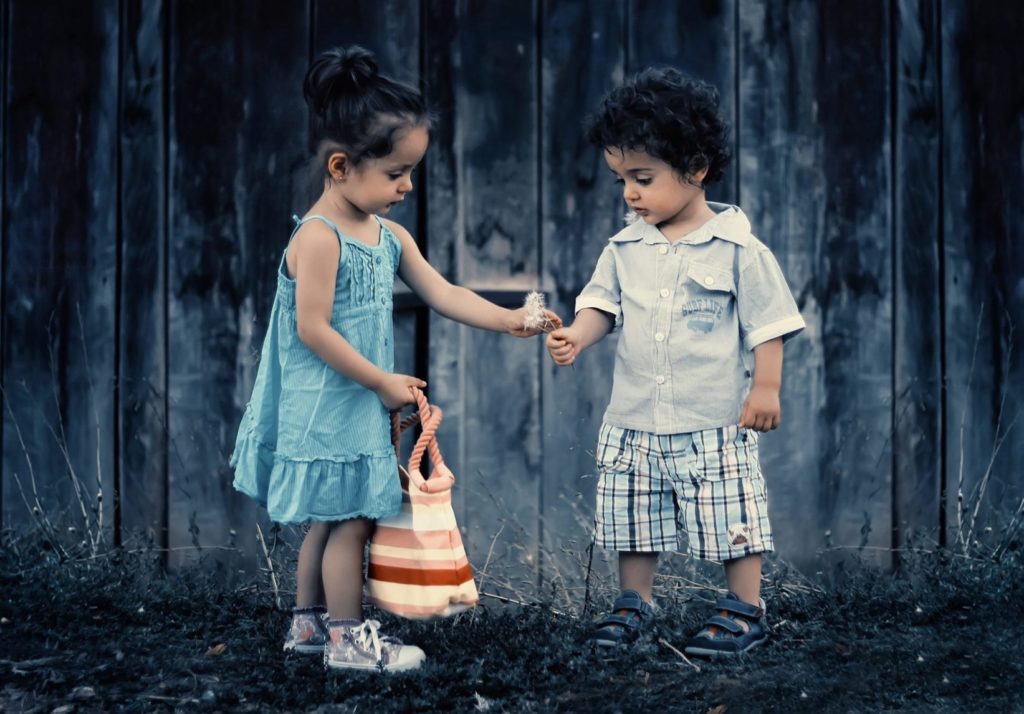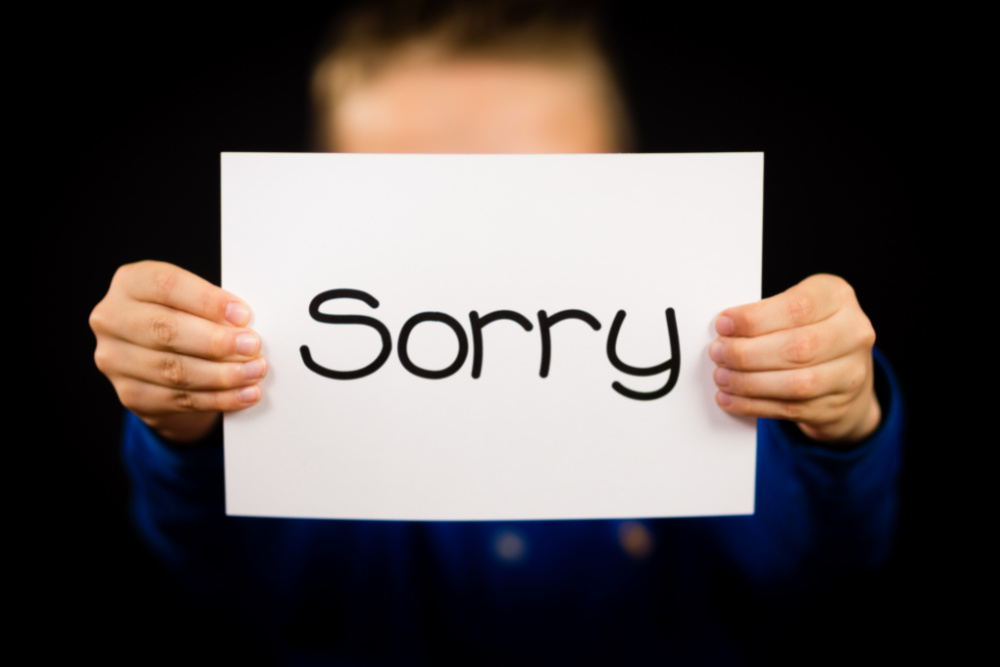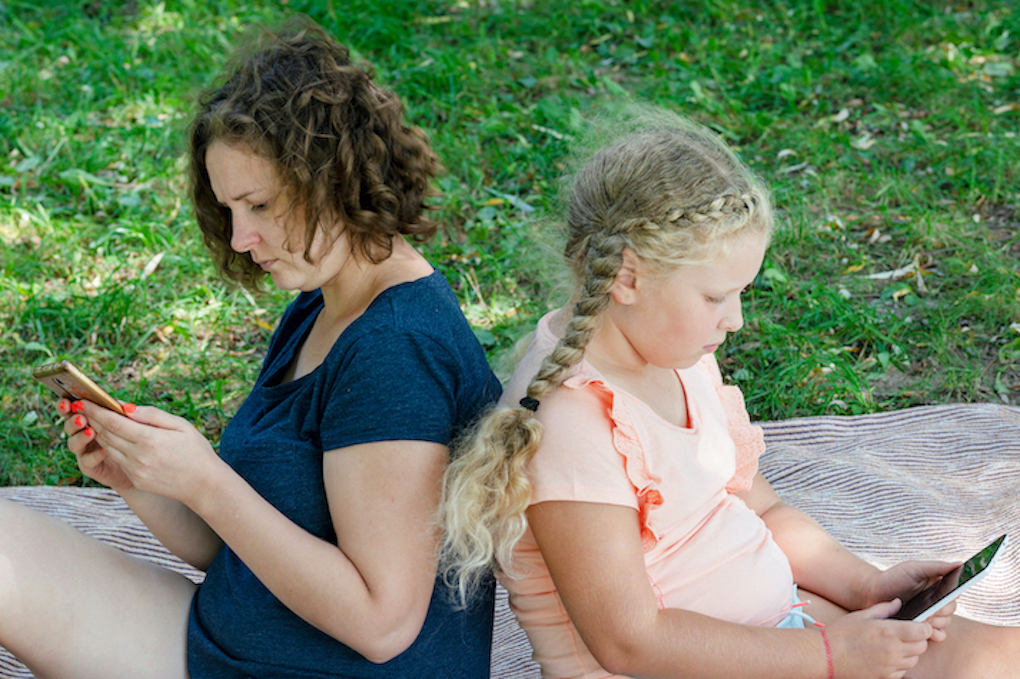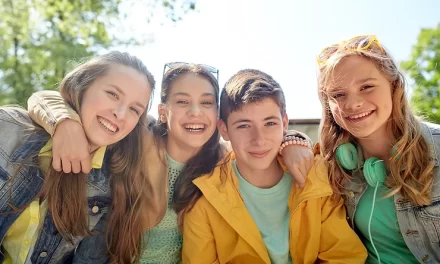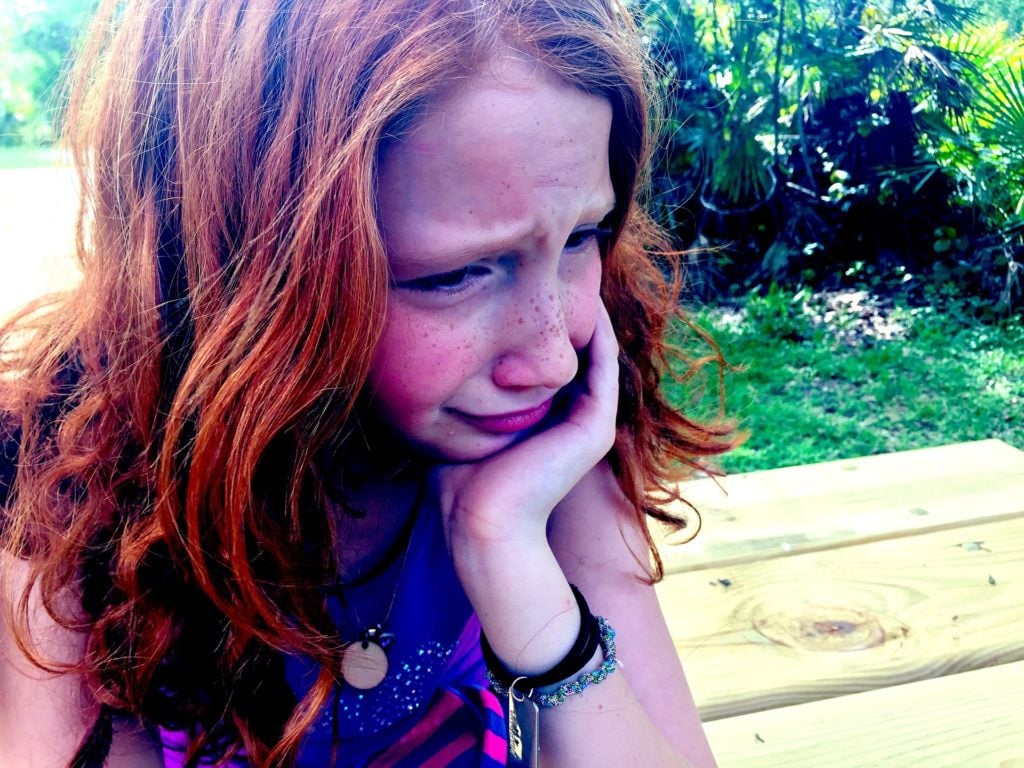Social manners matter, not because they are expected, but because they serve a real social function.
Here are 7 manners your child should master early in life.
As a teacher, I am big on manners in the classroom. I think it is completely possible to have a relaxed, warm environment without sacrificing social etiquette. In fact, those little rituals enhance a safe and predictable environment.
I don’t love manners because I’m old-fashioned. I love them because they matter. They matter for two very good reasons:
1. They make life clearer and easier. Manners are shared rituals that cut corners and simplify social behaviour. They are a sort of social road map that cuts out social bumbling and discomfort. For example, shaking hands when we meet someone avoids having to make decisions about how to behave. Manners are especially useful to kids who often feel overwhelmed and ill-equipped in social situations, particularly with adults.
2. More importantly… manners are the birthplace of empathy. They are the acknowledgement that the world is not all about me. Yes, we often say please, thank you, or sorry with no thought, but when we do move beyond the automatic we are acknowledging someone else’s actions, experiences, and emotions. That’s empathy.
Many schools have taken on the role of teaching manners. In the past, I’ve thought, surely that’s a parent’s job! But perhaps some parents don’t value those skills.
Have we become a generation who associates ritual and manners with ‘old-fashioned’? Perhaps we have forgotten how easy manners can make life and how they build our relationships.
7 Social Manners That Matter
1. Greetings
I have a friend whose three-year-old is a quirky little fella. Whenever he meets someone he holds his hand out to shake and says, “Hi! How are you? I haven’t seen you for ages.” He says it whether he has ever met you before or not.
Of course, he’s mimicking his dad, but this one action and line give Jacob confidence and charm. How can you not shake his hand and smile? He knows automatically what to say and do, so he feels no stress or embarrassment. His greeting will evolve, but he has already nailed the skill.
2. Please and thank you
The use of ‘please’ and ‘thank you’ takes any exchange into the realm of connection. They are terms that respect our interdependence. They acknowledge that we are better when we work together. They also acknowledge that each of us has worth and contributes. It is so built into western culture that the absence of these two words is often seen as an affront.
It doesn’t matter how generous or understanding a person is, they like to be thanked for good turns and they like their efforts to be recognised, even if those thanks are quiet and subtle.
Inherently we all understand this and that’s why these words are among the first we teach to children. What we often forget to teach children is to look people in the eye when we say ‘please’ and ‘thank you’.
3. Be on time
When you plan to meet someone at a particular time you are creating a contract of sorts. When you turn up late you are breaking that contract. Some people take this seriously and others don’t.
I find lateness rude. It says, “My time is more important than yours. I don’t mind if you give up your time to sit around waiting for me while I prioritise something else.”
Obviously, there are times when being late is completely unavoidable. However, usually, it is because of poor planning or a lack of care. Whichever way, it starts the time together with one person feeling annoyed, even if they are too polite to show it.
From a young age teach kids about time integrity. If they grow up respecting other people’s time it will serve them well.
4. Sorry
Sorry is perhaps the most confusing social contract we have. At its most basic, it means, “We have had a disruption in our relationship and I want to repair that disruption and move forward with you”. It is a commitment to the future. However, we have turned it into an emotion and in some cases a power game.
Often we say things like, “You don’t look sorry”. Or we say to children, “Say sorry and mean it”. What we are actually asking for is remorse. When we tell children to, “Say sorry as though you mean it”, we are asking them to fake an emotion. Is that a lesson we want for kids?
Perhaps we would be better to say, “Do you understand why I am upset?” or “Do you understand why your brother is crying?” and talk about that. Promote empathy. Then teach them that saying sorry is how you move forward after you’ve acknowledged the problem and taken responsibility for your part in that problem.
5. Stand up on public transport
You are bucking evolution if you don’t teach young people to stand for the elderly, disabled and pregnant. The young and fit stand for these people to protect them. It’s the herd caring for its own. It’s also formalised by public transport companies. In Australia, students pay reduced ticket prices on the proviso that they give up their seats if there aren’t enough for adults.
6. Introduce people
I taught at a boys’ school where we used to explicitly teach students how to introduce people to one another. It was done on the day before a father-son breakfast so that they knew how to introduce their dads to their friends, teachers, and other boys’ fathers. It saved a lot of uncomfortable staring at shoes.
If you can teach this skill early it saves years of discomfort. Your child will learn much more quickly if you teach them directly than if you wait for them to absorb it by osmosis.
7. Phone etiquette
A whole blog post could be dedicated to phone etiquette for children…and adults. However, I think one standard rule is enough…Don’t use your phone when there is an actual person around to talk to.
Being on the phone instead of engaging with the people around you says, “Literally anything that comes out of this little machine is more important than you”. It also stops kids from having real connections, and real connection is what we all need. Enough said.

